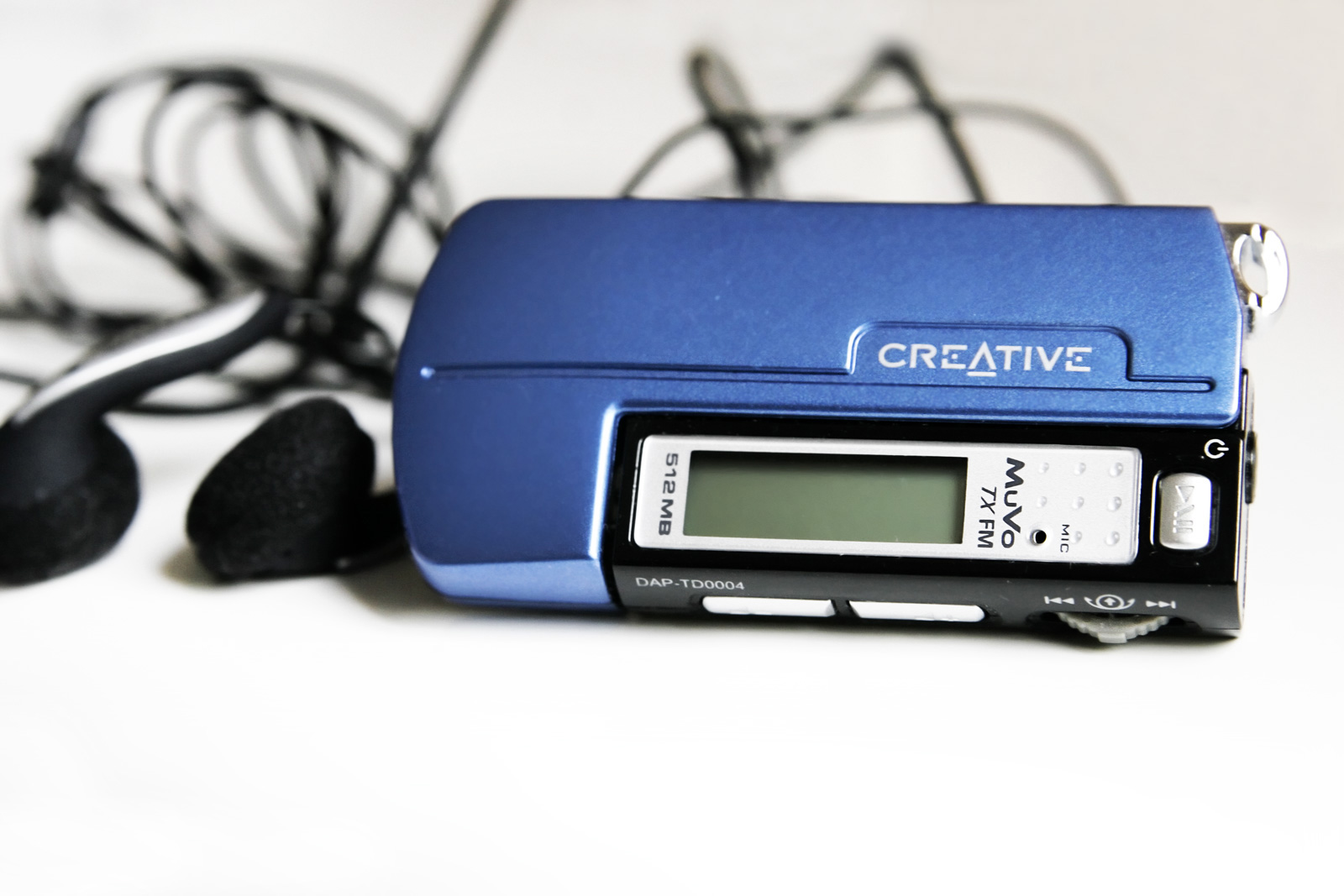|
End Of Course Test
The End of Course Test (EOCT, EOC, or EOC Test) is an academic assessment conducted in many states by the State Board of Education. Georgia, for example, tests from the ninth to twelfth grades, and North Carolina tests for any of the four core class subjects (math, science, social studies, and English). North Carolina schools administer an EOCT in English II, Math I (Algebra I), Biology and Math 3 (Integrated Mathematics). The official purpose of the test is to assess both individual and group knowledge and skills. EOCTs are mandatory and require a minimum score for graduation eligibility. Additionally, a North Carolina student's EOCT score must account for at least 25% of the student's final grade in the relevant course. Georgia high schools are required to administer a standardized, multiple-choice EOCT, in each of eight core subjects including Algebra I, U.S. History, Biology, Physical Science (8th-grade only--students in 11th grade do not take the EOC anymore), and American ... [...More Info...] [...Related Items...] OR: [Wikipedia] [Google] [Baidu] |
Georgia Department Of Education
The Georgia Department of Education (GaDOE) is an American agency that governs public education in the state of Georgia. The department manages funding and testing for local educational agencies accountable for student achievement. The department is managed by the State Superintendent of Schools, a publicly elected position currently held by Richard Woods (since 2015). Former Superintendents of the department have included Linda Schrenko, Kathy Cox, William Bradley Bryant, John Barge, and Charles McDaniel; the first superintendent was John Randolph Lewis, in 1871.''Under the Guardianship ... [...More Info...] [...Related Items...] OR: [Wikipedia] [Google] [Baidu] |
North Carolina
North Carolina () is a state in the Southeastern region of the United States. The state is the 28th largest and 9th-most populous of the United States. It is bordered by Virginia to the north, the Atlantic Ocean to the east, Georgia and South Carolina to the south, and Tennessee to the west. In the 2020 census, the state had a population of 10,439,388. Raleigh is the state's capital and Charlotte is its largest city. The Charlotte metropolitan area, with a population of 2,595,027 in 2020, is the most-populous metropolitan area in North Carolina, the 21st-most populous in the United States, and the largest banking center in the nation after New York City. The Raleigh-Durham-Cary combined statistical area is the second-largest metropolitan area in the state and 32nd-most populous in the United States, with a population of 2,043,867 in 2020, and is home to the largest research park in the United States, Research Triangle Park. The earliest evidence of human occupation i ... [...More Info...] [...Related Items...] OR: [Wikipedia] [Google] [Baidu] |
Graduation
Graduation is the awarding of a diploma to a student by an educational institution. It may also refer to the ceremony that is associated with it. The date of the graduation ceremony is often called graduation day. The graduation ceremony is also sometimes called: commencement, congregation, convocation or invocation. History Ceremonies for graduating students date from the first universities in Europe in the twelfth century. At that time Latin was the language of scholars. A ''universitas'' was a guild of masters (such as MAs) with licence to teach. "Degree" and "graduate" come from ''gradus'', meaning "step". The first step was admission to a bachelor's degree. The second step was the masters step, giving the graduate admission to the ''universitas'' and license to teach. Typical dress for graduation is gown and hood, or hats adapted from the daily dress of university staff in the Middle Ages, which was in turn based on the attire worn by medieval clergy. The tradition of w ... [...More Info...] [...Related Items...] OR: [Wikipedia] [Google] [Baidu] |
Georgia (U
Georgia most commonly refers to: * Georgia (country), a country in the Caucasus region of Eurasia * Georgia (U.S. state), a state in the Southeast United States Georgia may also refer to: Places Historical states and entities * Related to the country in the Caucasus ** Kingdom of Georgia, a medieval kingdom ** Georgia within the Russian Empire ** Democratic Republic of Georgia, established following the Russian Revolution ** Georgian Soviet Socialist Republic, a constituent of the Soviet Union * Related to the US state ** Province of Georgia, one of the thirteen American colonies established by Great Britain in what became the United States ** Georgia in the American Civil War, the State of Georgia within the Confederate States of America. Other places * 359 Georgia, an asteroid * New Georgia, Solomon Islands * South Georgia and the South Sandwich Islands Canada * Georgia Street, in Vancouver, British Columbia, Canada * Strait of Georgia, British Columbia, Canada ... [...More Info...] [...Related Items...] OR: [Wikipedia] [Google] [Baidu] |
High Schools
A secondary school describes an institution that provides secondary education and also usually includes the building where this takes place. Some secondary schools provide both '' lower secondary education'' (ages 11 to 14) and ''upper secondary education'' (ages 14 to 18), i.e., both levels 2 and 3 of the ISCED scale, but these can also be provided in separate schools. In the US, the secondary education system has separate middle schools and high schools. In the UK, most state schools and privately-funded schools accommodate pupils between the ages of 11–16 or 11–18; some UK private schools, i.e. public schools, admit pupils between the ages of 13 and 18. Secondary schools follow on from primary schools and prepare for vocational or tertiary education. Attendance is usually compulsory for students until age 16. The organisations, buildings, and terminology are more or less unique in each country. Levels of education In the ISCED 2011 education scale levels 2 and ... [...More Info...] [...Related Items...] OR: [Wikipedia] [Google] [Baidu] |
Standardized Test
A standardized test is a test that is administered and scored in a consistent, or "standard", manner. Standardized tests are designed in such a way that the questions and interpretations are consistent and are administered and scored in a predetermined, standard manner. Any test in which the same test is given in the same manner to all test takers, and graded in the same manner for everyone, is a standardized test. Standardized tests do not need to be high-stakes tests, time-limited tests, or multiple-choice tests. A standardized test may be any type of test: a written test, an oral test, or a practical skills performance test. The questions can be simple or complex. The subject matter among school-age students is frequently academic skills, but a standardized test can be given on nearly any topic, including driving tests, creativity, athleticism, personality, professional ethics, or other attributes. The opposite of standardized testing is ''non-standardized testing'', i ... [...More Info...] [...Related Items...] OR: [Wikipedia] [Google] [Baidu] |
Multiple-choice
Multiple choice (MC), objective response or MCQ (for multiple choice question) is a form of an objective assessment in which respondents are asked to select only correct answers from the choices offered as a list. The multiple choice format is most frequently used in educational testing, in market research, and in elections, when a person chooses between multiple candidates, parties, or policies. Although E. L. Thorndike developed an early scientific approach to testing students, it was his assistant Benjamin D. Wood who developed the multiple-choice test. Multiple-choice testing increased in popularity in the mid-20th century when scanners and data-processing machines were developed to check the result. Christopher P. Sole created the first multiple-choice examination for computers on a Sharp Mz 80 computer in 1982. It was developed to aid people with dyslexia cope with agricultural subjects, as Latin plant names can be difficult to understand and write. Structure Multi ... [...More Info...] [...Related Items...] OR: [Wikipedia] [Google] [Baidu] |
Carnegie Unit And Student Hour
The Carnegie Unit and the Student Hour are strictly time-based references for measuring educational attainment used by American universities and colleges; the Carnegie Unit assesses secondary school attainment, and the Student Hour, derived from the Carnegie Unit, assesses collegiate attainment. As per its original definition, the Carnegie Unit is 120 hours of class or contact time with an instructor over the course of a year at the secondary (American high school) level. Strictly speaking, this breaks down into a single one-hour meeting, on each of five days per week for a total of 24 weeks per year. However, knowing that classes usually meet for 50 minutes yields a value of 30 weeks per year. However, further complicating the computation is the fact that American schools typically meet 180 days, or 36 academic weeks, a year. A semester (one-half of a full year) earns 1/2 a Carnegie Unit. The Student Hour is approximately 12 hours of class or contact time, approximately 1/10 of ... [...More Info...] [...Related Items...] OR: [Wikipedia] [Google] [Baidu] |
Cellphone
A mobile phone, cellular phone, cell phone, cellphone, handphone, hand phone or pocket phone, sometimes shortened to simply mobile, cell, or just phone, is a portable telephone that can make and receive calls over a radio frequency link while the user is moving within a telephone service area. The radio frequency link establishes a connection to the switching systems of a mobile phone operator, which provides access to the public switched telephone network (PSTN). Modern mobile telephone services use a cellular network architecture and, therefore, mobile telephones are called ''cellular telephones'' or ''cell phones'' in North America. In addition to telephony, digital mobile phones ( 2G) support a variety of other services, such as text messaging, multimedia messagIng, email, Internet access, short-range wireless communications ( infrared, Bluetooth), business applications, video games and digital photography. Mobile phones offering only those capabilities are known as ... [...More Info...] [...Related Items...] OR: [Wikipedia] [Google] [Baidu] |
Mp3 Player
A portable media player (PMP) (also including the related digital audio player (DAP)) is a portable consumer electronics device capable of storing and playing digital media such as audio, images, and video files. The data is typically stored on a compact disc (CD), Digital Video Disc (DVD), Blu-ray Disc (BD), flash memory, microdrive, or hard drive; most earlier PMPs used physical media, but modern players mostly use flash memory. In contrast, analogue portable audio players play music from non-digital media that use analogue media, such as cassette tapes or vinyl records. Digital audio players (DAP) were often marketed as MP3 players even if they also supported other file formats and media types. The PMP term was introduced later for devices that had additional capabilities such as video playback. Generally speaking, they are portable, employing internal or replaceable batteries, equipped with a 3.5 mm headphone jack which can be used for headphones or to connect ... [...More Info...] [...Related Items...] OR: [Wikipedia] [Google] [Baidu] |






